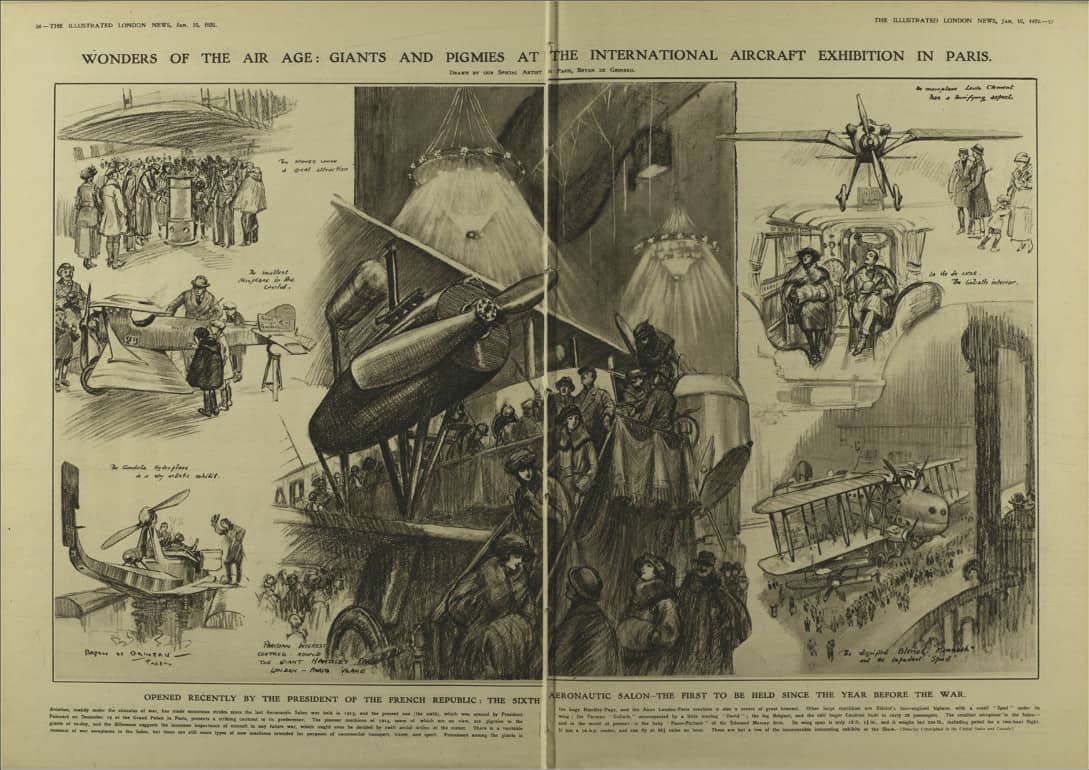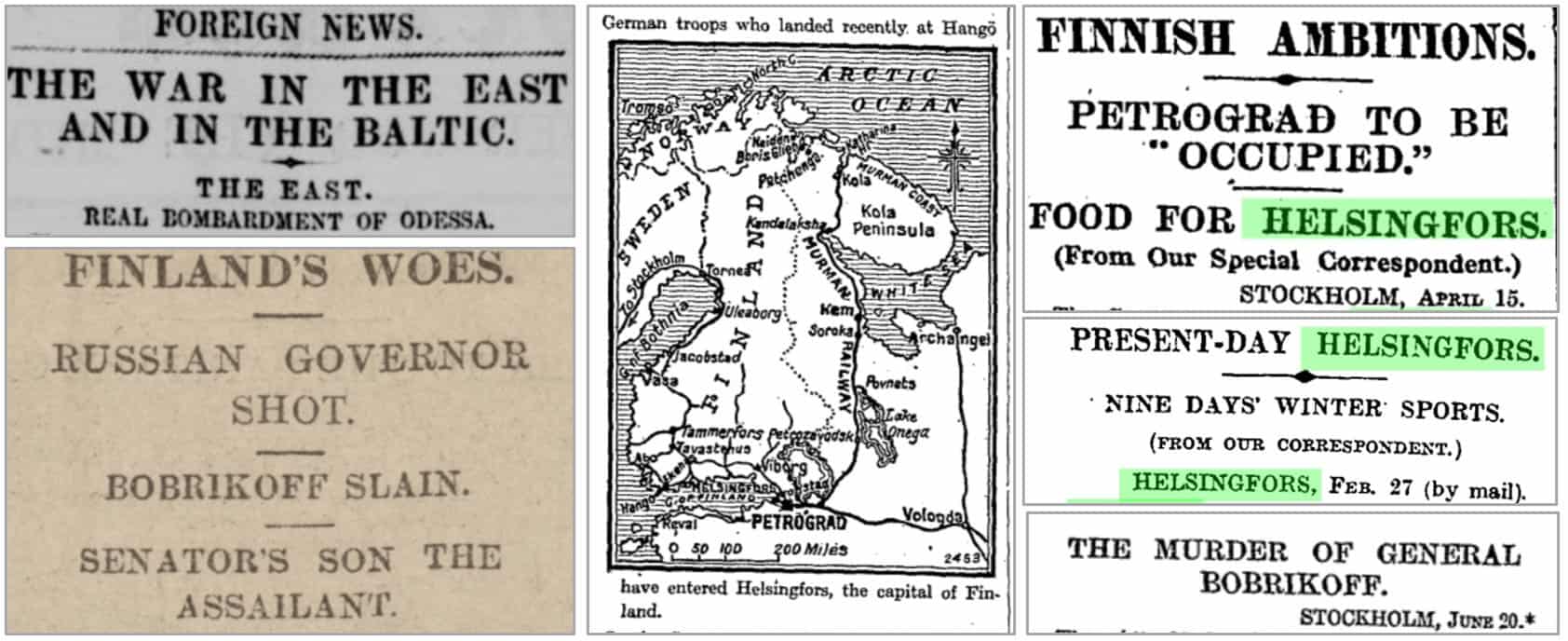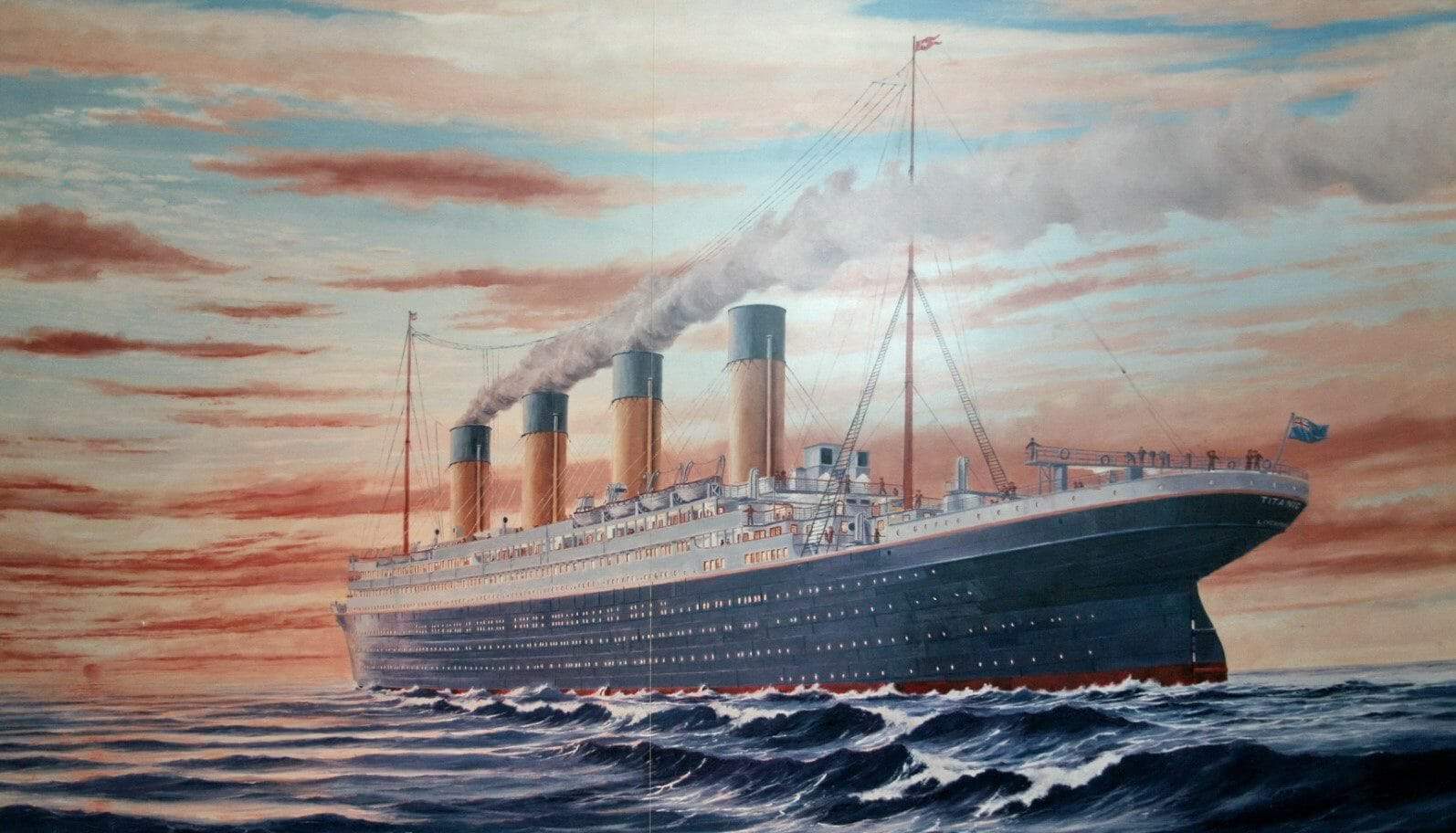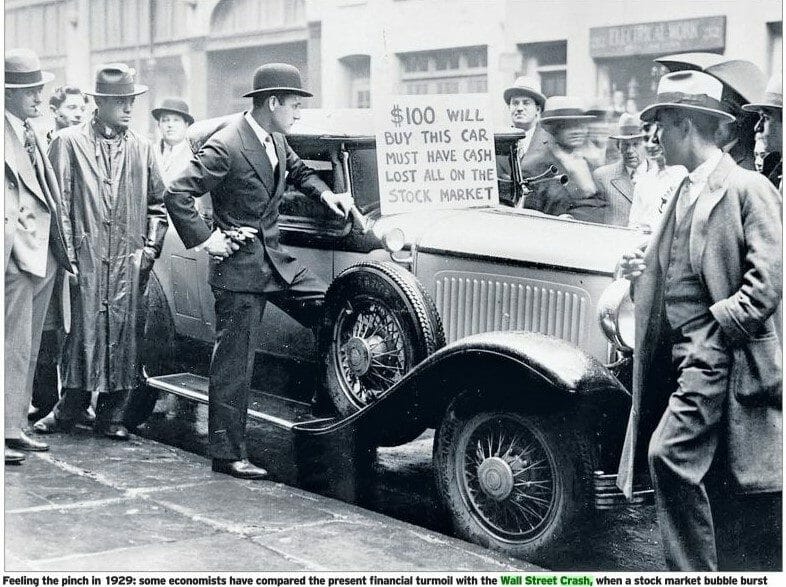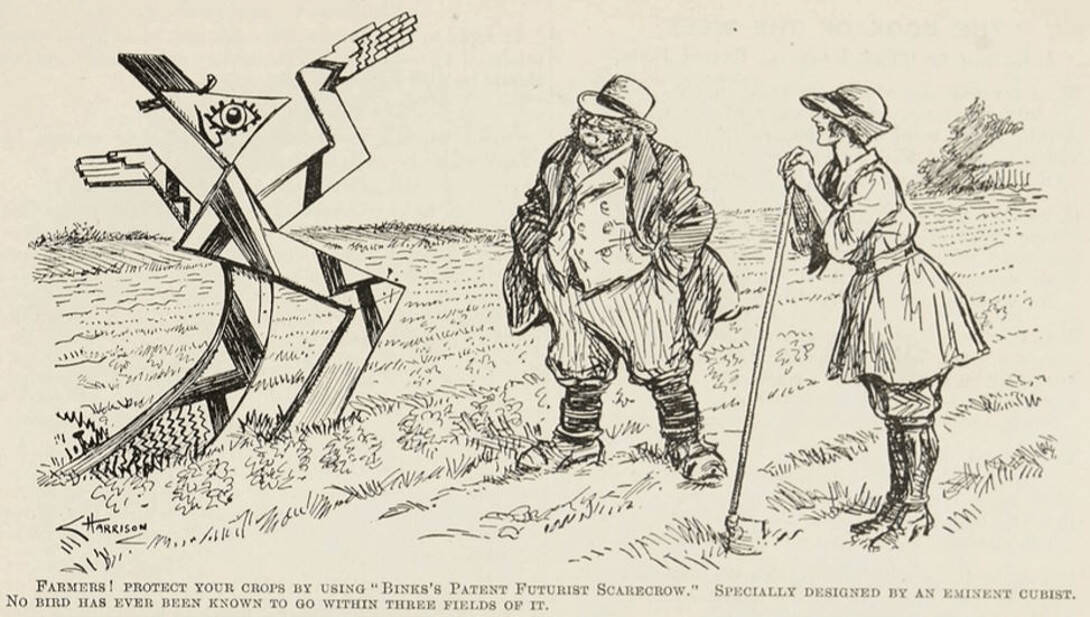│by Lotta
Vuorio, Gale Ambassador at the University of Helsinki│
The current circumstances caused by the global pandemic have highlighted the importance of digital primary sources. In Helsinki, the university library has (in large part) physically shut its doors, but luckily there is a great deal of primary source material available in, for example, the digital collections of the National Library of Finland, and the Helsinki University Library also offers students and staff numerous digital collections which include several Gale Primary Sources archives. Gale Primary Sources is a treasure trove where one can find sources for various types of research.
One
might initially think Gale Primary Sources is most suitable for research
focusing on Great Britain or America, since the collections seem mostly focused
on those areas. However, I wanted to find out if the platform could also be
helpful when studying Finnish history! What I found, in short, was a highly
interesting peephole into Finnish War History before the Second World War. I
have not specialised in Finnish nor War History in my own research, but I was curious
to examine coverage of Finland, and Helsinki especially. So, let’s see the
results of my brief exploration!
Read more


